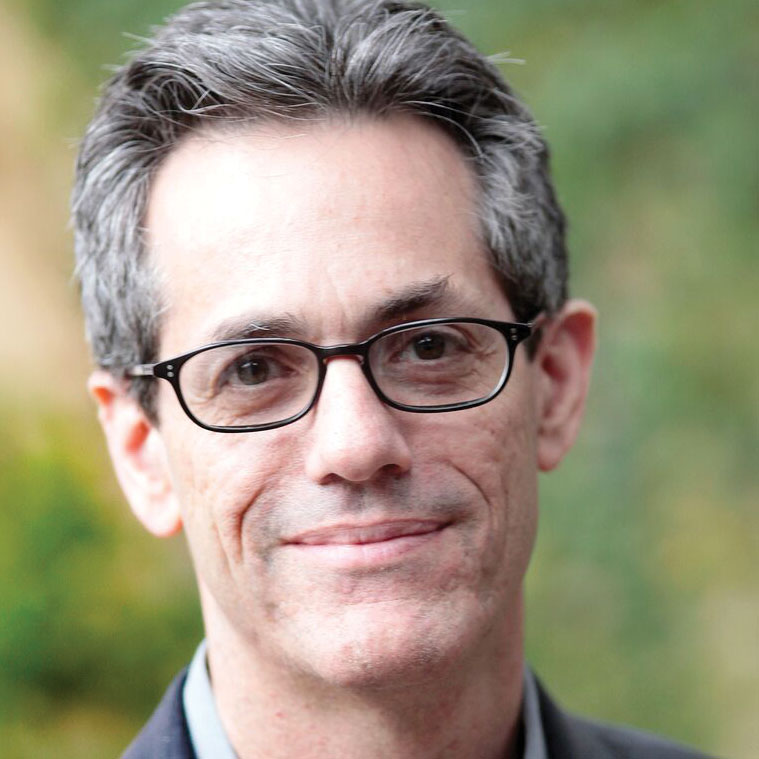Having just learned that a cousin serving in the Israel Defense Forces was wounded in action, I find it painful, but necessary to speak out. The latest convulsions of violence have pushed Israelis and Palestinians closer to the brink of mutual destruction. Meanwhile, in the United States supporters of each side feel compelled to present their respective positions as just and moral. The bitter truth in this conflict is that there are no singular or exclusive moral truths.
Both Israelis and Palestinians have legitimate claims to national self-expression. Sadly, neither side is prepared to acknowledge this today, although both seemed tantalizingly close a few weeks ago. Indeed, the violent acts of the past weeks have stripped away the veneer of diplomatic politesse to reveal a frightening rage characteristic of tribal warfare. We saw this in the desecration of the Tomb of Joseph and, far more poignantly, in the beastly murder of the Israeli soldiers, acts that remind us of how wayward the political and moral compass of Palestinian society has become. On the other hand, both the Israeli military response and random acts of mob violence in Israel proper have led to a phenomenally disproportionate loss of Palestinian life.
As an American Jew with deep and abiding ties to Israel, I feel an obligation to offer what is surely an unpopular perspective. Much of the Jewish population of the country, including the left, has concluded that Prime Minister Barak went as far as he could in negotiations, and that there simply was no partner on the other side. The “timeout” from the peace process that Barak has called and the very prospect that Ariel Sharon, architect of the disastrous Lebanon entanglement, might join the government affirm that sense of frustration.
To be sure, Yasser Arafat appears to be as unreliable a partner in peace as they come. But there is something self-satisfying in the response of many Israelis, as well as of a good number of American Jews. Few choose to recognize that for all its promise, the Oslo process generated minimal gains on the ground for the Palestinians – as yet, neither the robust economy nor the political sovereignty they were promised. Similarly, few choose to recognize that today the Palestinian question, for better or worse, has become more complicated than the disposition of the West Bank and Gaza. It also embraces the 1 million Arab citizens of Israel who have faced systematic discrimination and, as a result, identify ever more forcefully with the Palestinian national cause.
Perhaps most dismaying, though, is the unwillingness of many Israeli and American Jews – and most conspicuously, our spiritual leaders – to recognize that a human life is a human life. The loss of a single Israeli soldier is a tragedy that weighs heavily on my heart. Who can not share in the revulsion at the sight of the cheering mob in Ramallah? But such criminal acts can never inure us or our Israeli brothers and sisters to the loss of more than 100 Arab lives in Israel and the territories.
These thoughts are not offered lightly. Israel, as the ancestral homeland of the Jewish people, is not only the locus of a Jew’s deepest spiritual aspirations; it is the site of a language, culture and familial intensity that I deeply cherish. And yet, we Jews have just concluded an intense period of repentance, symbolized by the sacred day of Yom Kippur on which God is said to determine our fate on the basis of our deeds. Can we assume a smug posture of moral superiority vis-a-vis the Palestinians? Can we blithely maintain, as the loss of life grows daily, that our side is just and the other completely unjust?
This seems to be the prevailing assumption for many Israeli and American Jews. Advertisements and rallies organized by Jewish groups here call for solidarity with Israel and unequivocal condemnation of Arafat. To my mind, Arafat merits loud condemnation for his brutal and unsavory use of violence to advance political ends. But Jews can not spare themselves from a probing “heshbon hanefesh,” a moral reckoning of Israeli (and by extension, American Jewish) actions. And such a reckoning must lead to the recognition that recourse to violence, as an act of vengeance, dehumanizes both sides and perpetuates the cycle of brutality. Conversely, it must lead to the recognition that, in the conflict between Israelis and Palestinians, self-interest and altruism truly serve the same master: peace.
Prof. David N. Myers teaches Jewish history at UCLA





















 More news and opinions than at a Shabbat dinner, right in your inbox.
More news and opinions than at a Shabbat dinner, right in your inbox.